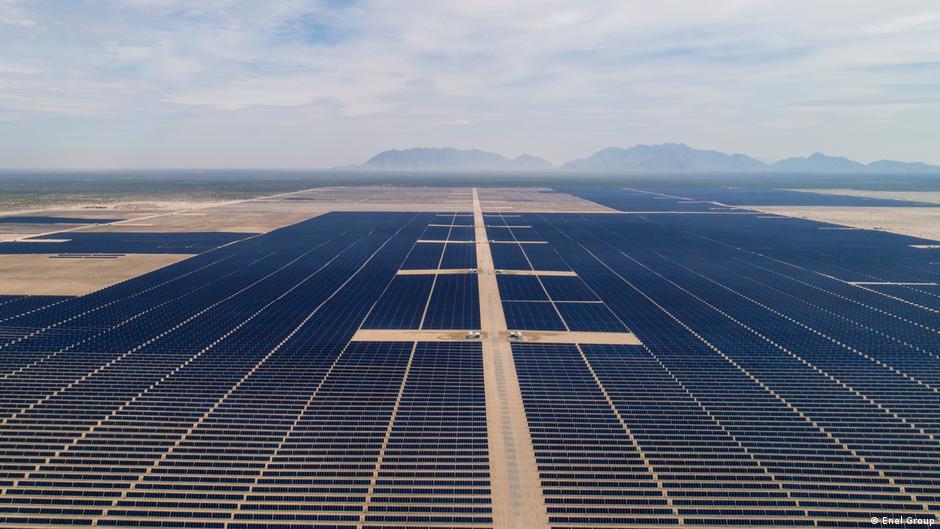Oil prices continue to rise, similar to gold, which briefly exceeded the threshold of two thousand dollars per ounce, while Asian stock exchanges recorded a decline, due to the repercussions of the Russian-Ukrainian war on the global economy.
A rise in the price of oil and gas
The price of a barrel of Brent North Sea crude approached $140 on Sunday, around 23:00 GMT, and approached its record level of $147.50 recorded in July 2008.
Oil prices fell after that before developing wildly. After 06:20 GMT, the price of a barrel of West Texas Intermediate jumped by 9.04% to 126.14 dollars, and a barrel of Brent rose 10.12%, recording 130.06 dollars.
The European standard Dutch gas price, for delivery next month, jumped 17%, recording an unprecedented price of 225 euros per megawatt hour. Thus, gas prices continue to rise, which began with the Russian invasion of Ukraine, and the subsequent international sanctions targeting Moscow, which led to a rise in commodity prices around the world.
A significant increase in the price of gold
Investors tended to buy gold, which is a safe haven par excellence, the price of an ounce of which exceeded the threshold of two thousand dollars in the Asian markets on Monday morning for the first time since August 2020. The price of an ounce returned to approximately $1983 around 06:40 GMT.
Gold will likely witness strong movements around the $2,000 level at first, but as soon as that ends, and assuming the Ukrainian position does not change, it will move quickly towards the $2,100 region, and then to completely new highs,” said Jeffrey Halley, chief analyst at OANDA.
Reuters's technical analyst, Wang Tao, expected spot gold to continue rising towards $2065 an ounce.

However, the Europeans adopt a more cautious stance, as many countries in Europe, such as Germany, depend closely on oil, gas, and the Russians.
Although, in theory, Russian oil is not subject to direct sanctions, almost no one who buys it finds much influence on the global supply. "If the war does not stop, there is nothing on the horizon that will slow" the rise in oil prices, said a note issued by National Australia Bank Monday.
A third round of negotiations is taking place between Moscow and Kiev on Monday, but the markets do not expect a positive result after the failure of the previous two rounds and the intensification of the Russian attack. The International Monetary Fund warned on Saturday that the escalation of the conflict in Ukraine would have "devastating" economic repercussions at the global level.
In addition to the conflict itself, the sanctions imposed on Russia will have "a very significant impact on the global economy and financial markets, with side effects on other countries," according to the IMF.
A.H./F.I. (AFP, Reuters, DPA)